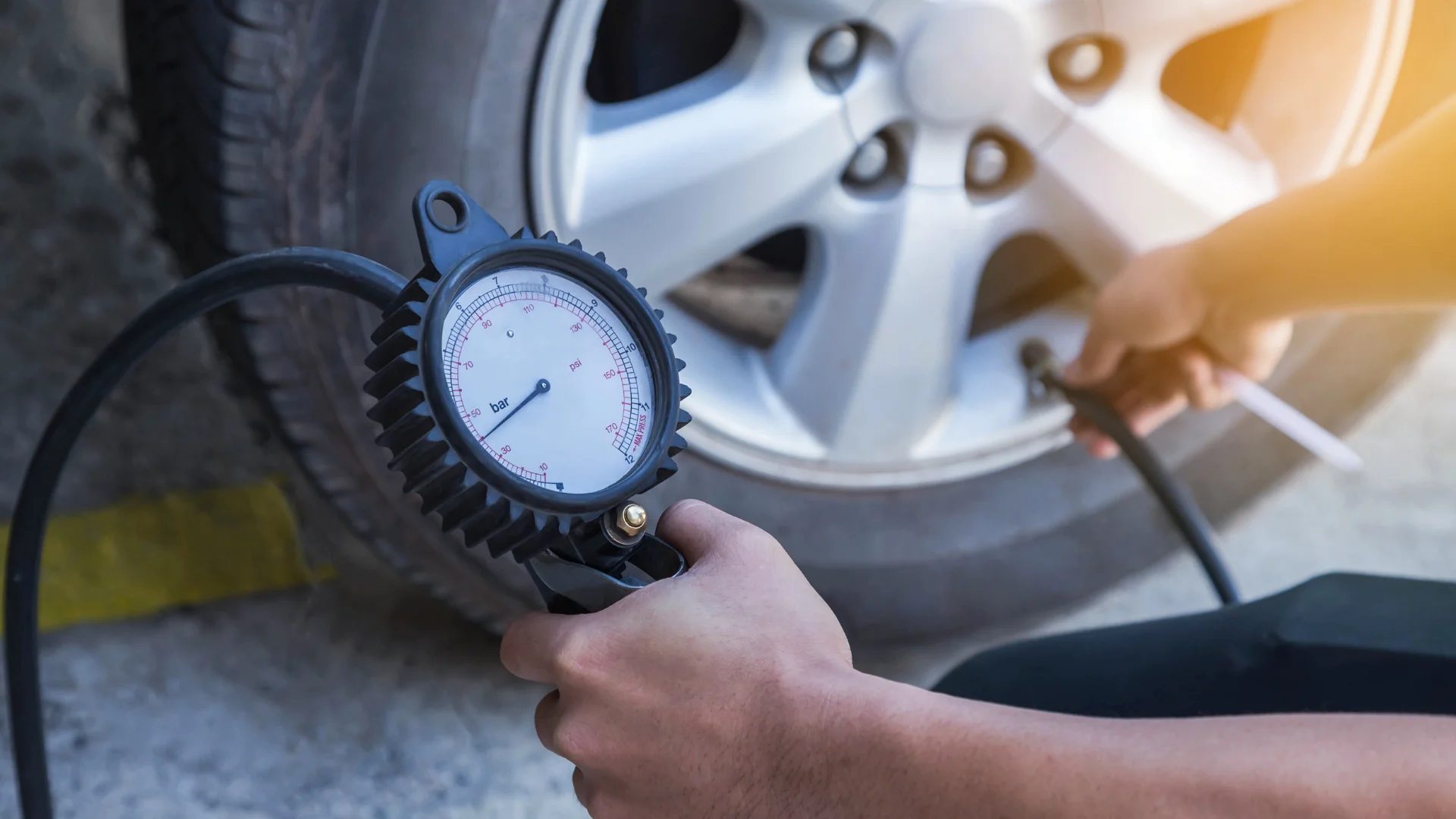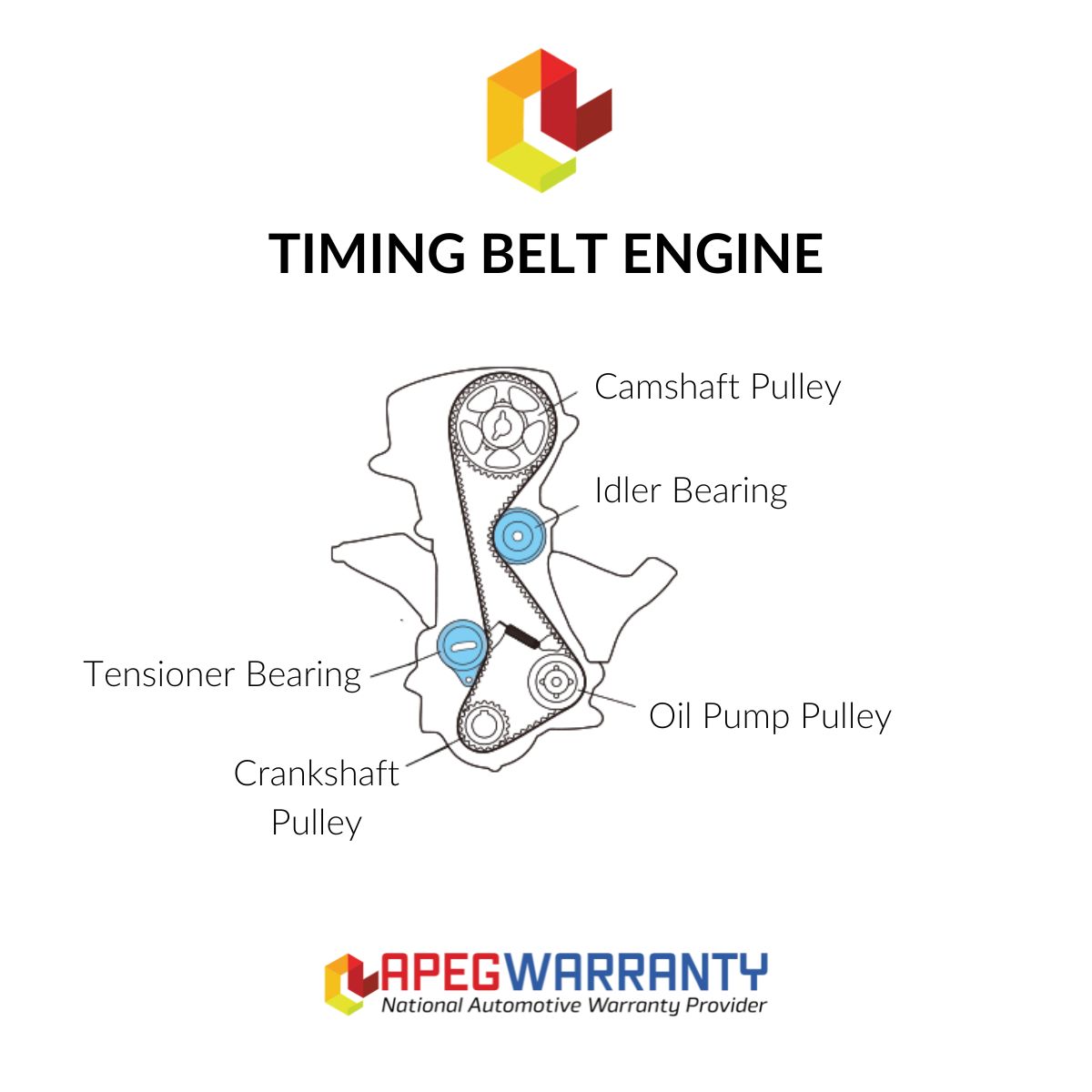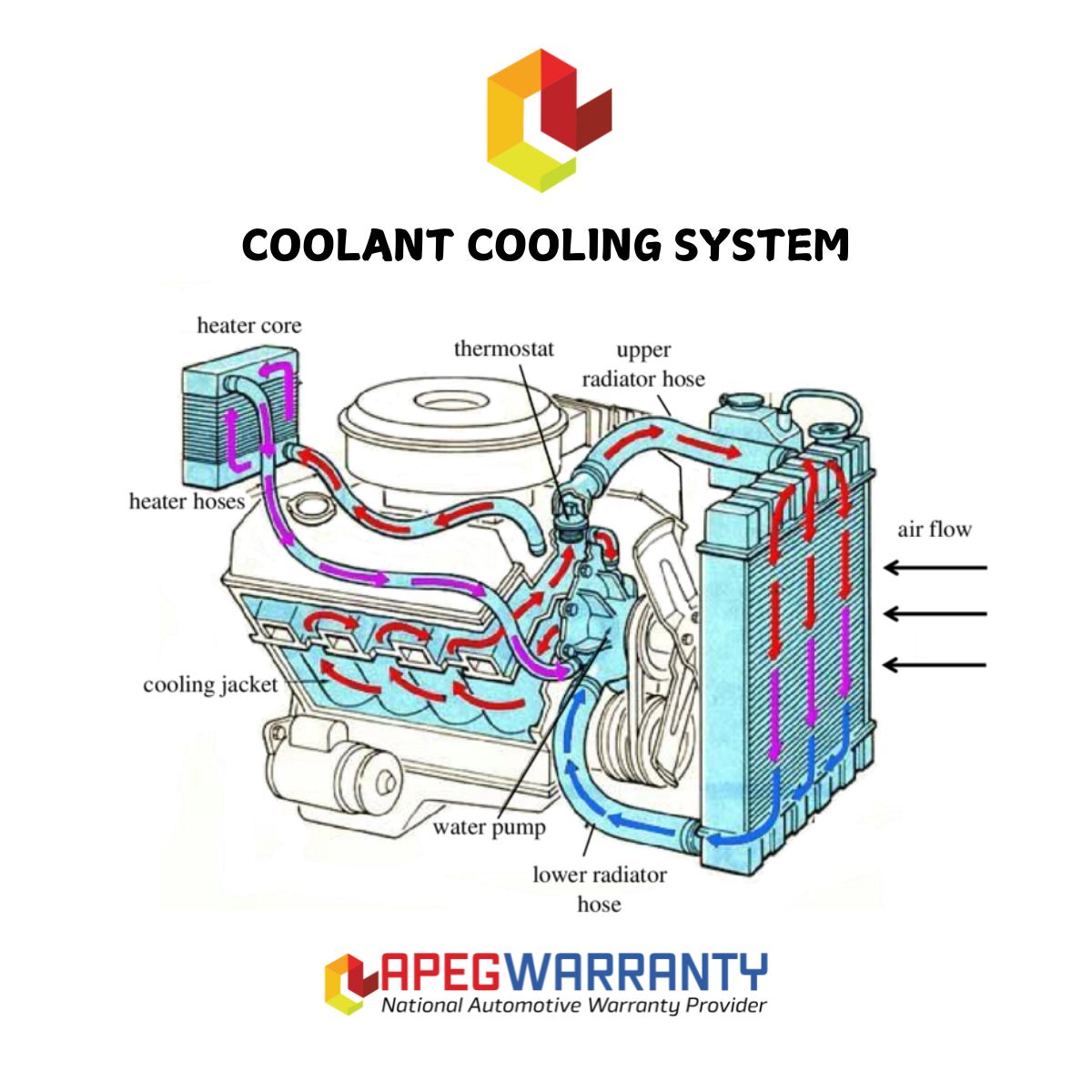Proper car maintenance is crucial to ensure your vehicle runs smoothly, last longer, and retains its value. Regular upkeep also helps prevent costly repairs and enhance safety on the road. There are several comprehensive guides to taking care of your car.
Regular Oil Changes
Engine oil plays a crucial role in maintaining the health of your vehicle by lubricating its components, which reduces friction and helps prevent wear and tear. However, over time, the oil deteriorates and loses its effectiveness. This can lead to potential engine damage if not addressed promptly. To avoid such issues, it is essential to regularly change the oil as per the recommendations in your owner’s manual. Typically, oil changes are advised every 3,000 to 7,500 miles, depending on your car’s make and model. Additionally, always ensure you are using the correct type of oil specified by the manufacturer for optimal performance.

Check and Maintain Tire Pressure
Proper tire inflation is crucial for maintaining optimal fuel efficiency, even tire wear, and better vehicle handling. Tires that are under-inflated can negatively impact fuel economy and increase the risk of tire blowouts. To avoid these issues, it’s important to check your tire pressure monthly using a tire pressure gauge. Be sure to inflate your tires to the recommended Pounds per Square Inch (PSI), which can be found in your vehicle’s manual or on the driver’s side door jamb. Remember to check the spare tire as well, ensuring it’s properly inflated and ready for use in case of an emergency.

Replace Air Filters
A clean air filter is crucial for maintaining optimal engine performance, as it ensures that the engine receives the proper amount of air necessary for efficient fuel combustion. When an air filter becomes dirty, it can hinder the engine’s efficiency, leading to increased fuel consumption and potential engine strain. To avoid these issues, it is recommended to inspect your air filter every 12,000 to 15,000 miles and replace it if it appears dirty. Additionally, some vehicles are equipped with a cabin air filter, which should also be checked and replaced periodically to ensure a clean and healthy interior environment.

Check the Lights
Properly functioning headlights, taillights, and turn signals are essential for safe driving, particularly during nighttime or in adverse weather conditions. To ensure your lights are always in optimal condition, it’s important to regularly inspect them and promptly replace any burnt-out bulbs. If your headlights appear cloudy, consider cleaning or restoring them to improve visibility and enhance safety on the road.

Follow the Manufacturer’s Maintenance Schedule
Regular maintenance is essential to keep your vehicle in optimal condition. Manufacturers provide a detailed maintenance schedule that includes critical services such as timing belt replacement, spark plug changes, and transmission servicing. Adhering to this schedule is important, even if your car appears to be running smoothly. Preventative maintenance plays a crucial role in preventing costly repairs in the future, ensuring your vehicle remains reliable and efficient.

Pay Attention to Warning Lights
Warning lights on your dashboard serve as critical indicators of potential issues with your vehicle. Ignoring these lights can result in serious problems that may compromise the safety and functionality of your car. When a warning light illuminates, it is important not to dismiss it. Instead, refer to your owner’s manual to understand the specific meaning of the light. Depending on the issue, you may need to take actions such as adding fluids, checking tire pressure, or scheduling a visit to a mechanic. Addressing these warnings promptly can prevent more severe complications and ensure your vehicle remains in good working condition.






